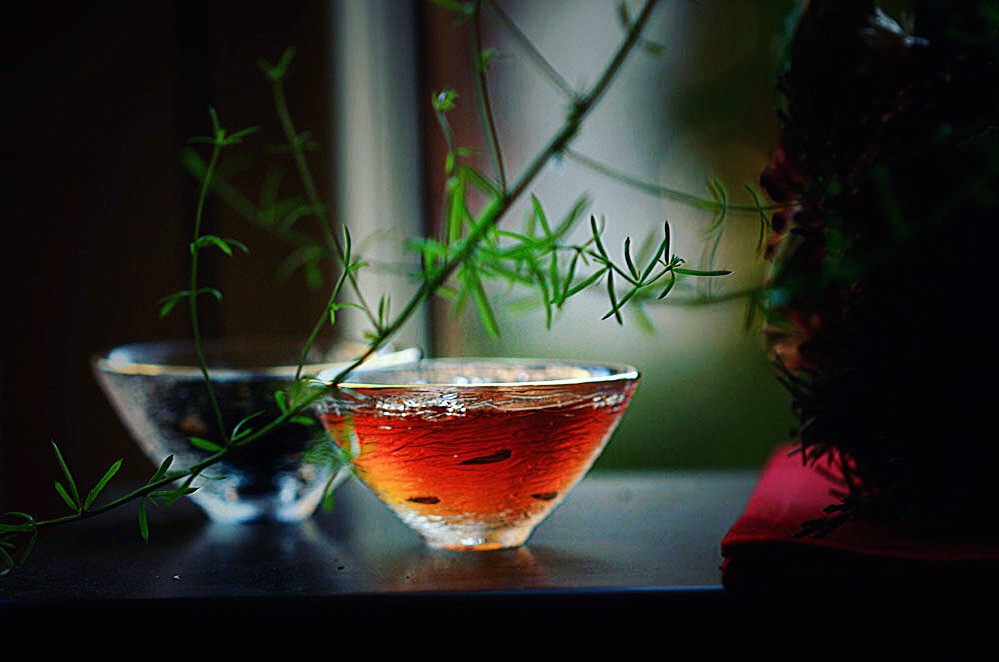The health benefits of tea are already well-known, quite researched and well appreciated. Tea is getting more and more popular and many seek to improve their health using pure loose leaf tea. However, have you ever questioned yourself when tea becomes poisonous? There are a few cases when your favorite beverage might not be as healthy as you think. Let's explore them.
When tea becomes poisonous?
Tea can switch from being a very healthy drink to being a very dangerous indulgence in a few particular cases. One danger comes from the unknown source and the extreme amount of chemicals used for fertilization and keeping the weed off. Second danger comes from the over consumption of certain types of tea.
The danger of pu'er tea
Pu'er tea is such a wide category that it would take a lifetime to try each and every type that exists. Even a lifetime would not be enough, not to mention you would need a fortune to be able to afford it. Pu'er is a dark fermented tea from Yunnan that can be made by aging naturally and artificially. Exactly because pu'er can age in uncontrolled or poor environment, you should pay extra attention when buying pu'er online. There were certain cases where pu'er contained dangerous bacteria and harmful substances. Be sure to know where your pu'er tea is coming from.
Be cautious with Earl Grey
Earl Grey tea is one of the most popular blends in the world. It contains one or more black teas infused with bergamot oil. Drinking Earl Grey in normal quantities will not do any harm for you, but using excessive amounts of bergamot oil is another case when tea becomes poisonous. There is a case of a 44-year old man reporting severe muscle cramps and blurred vision after drinking excessive amounts of Earl Grey tea[1].
Organic or non-organic
Not all organic teas are good and not all non-organic teas are bad. This depends on the farmer that made your tea. Some organic teas will never be as good as non-organic due to a simple fact – organic can mean mass-production, so your farmer won't care that much about the final product. The good thing is that you will know that the tea is completely safe for consumption and in accordance with strict standards. On the other hand, some non-organic farms do not really need a certificate. They sell their teas to long-term clients, sometimes even before the actual tea is made. Those teas are quite rare to find and are usually of exceptional quality. However, if you buy cheap tea from online tea vendors usually found on eBay, there is a danger of buying tea that contains high levels of very harmful chemicals. That tea will do more harm than good.
Matcha madness and green tea in general
Matcha is another tea that could possibly be more harmful than beneficial. First, pay attention to where your matcha is coming from. Matcha should always come from Japan, unless you are buying specific versions of matcha tea made in Korea, China or other countries. Next, be aware that is you are drinking matcha for ECGC and want to drink as much tea as you can hoping it will help you lose weight super fast, this could be a very bad decision. Excessive intake of green tea could be dangerous due to high caffeine intake, high EGCG intake and increased urination that may lead to dehydration[2].

(Image Source: Tea Chronicles ©)
Healthy sipping
If you like to buy tea online, pay special attention to descriptions and feel free to ask you vendor any additional questions. It's important to know that your tea is safe. There is no general rule on how to avoid bad tea, except using a bit of common sense. Organic, non-organic, powdered, aged, fresh, scented with oils or pure, they all can be healthy or poisonous, depending on the factors we mentioned above.
[1] https://pdfs.semanticscholar.org/4c72/aa088131eae6933230ab34219bd2bf584180.pdf
[2] http://www.thepharmajournal.com/vol4Issue1/Issue_Mar_2015/3-12-18.1.pdf



Two words: KIDNEY STONES
The caffeine in green tea does not produce the full-on effect that the caffeine in ground coffee does because it is wrapped up in the tea leaves thus enabling the body to handle the caffeine in green tea in a different way from the caffeine in ground coffee - just like the body handles the sugar in fruit in a different way from how it handles refined sugar because the sugar in fruit is wrapped up within the fruit.